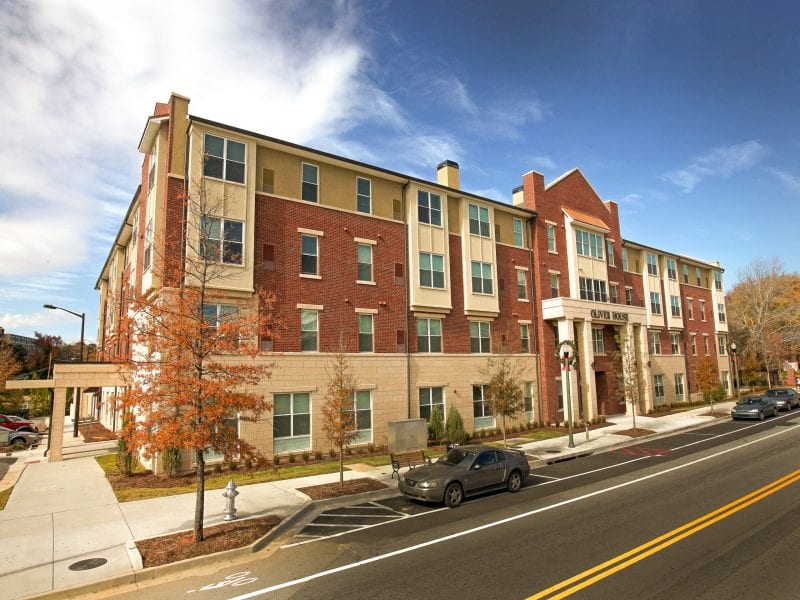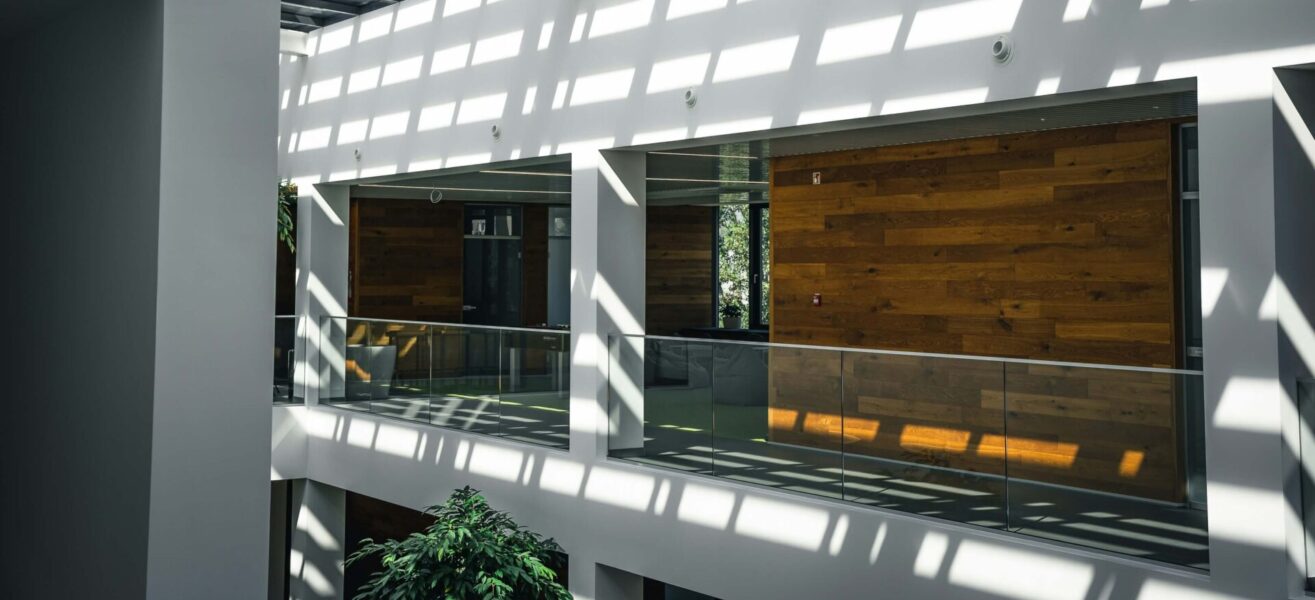Distributed Energy Resources Trainings
Don’t get left behind as the energy industry transforms. Invest in your education and training with CEU-bearing courses developed by experts in their respective fields and designed to be engaging and interactive.
All courses are free to access and eligible for continuing education units (CEUs).
Upcoming Course Dates
Upcoming Info Session
Program Details
Courses for Homeowners
Model Codes and Distributed Energy Resources – Take Course
Model codes serve as the foundational element of our built environment and understanding what they are and how they work is an ideal introduction into the field of distributed energy resources. This training will provide users with important, foundational knowledge of model codes and the model code adoption process, setting them up for success as they begin their DER implementation journey.
Audiences: Homeowners, Building Owners, Property Managers, Code Officials, Contractors
Utilities, DERs, and Interconnection – Take Course
This course is designed for homeowners, government officials, development professionals, and any other members of the public who are interested in understanding the changing dynamics of the utilities industry, the role of DERs in the energy sector, and the processes through which DERs interconnect with utility transmission and distribution systems.
Audiences: Homeowners, Building Owners, Property Managers
Solar PV: Training for PV Customers – Take Course
This training will introduce homeowners to basic PV solar concepts, allowing them to make informed decisions throughout the entire solar implementation process, from picking the correct solar company or contractor to evaluating proper installation.
Audiences: Homeowners, Building Owners, Property Managers, PV Installers
Courses for Building Professionals
High Performance HVAC and Mechanical Code Training – Take Course
This training provides foundational information on high-performance HVAC technology to industry professionals, such as contractors, designers, and HVAC technicians. This training will equip these industry professionals with the knowledge base and expertise to reassure and push homeowners to fully realize the benefit of these technologies. The training will also reinforce proper installation and verification procedures, ensuring that contractors meet code requirements.
Audiences: Contractors, HVAC Professionals, Designers
High Performance Lighting 101 – Take Course
Upgrading lighting efficiency is an area of significant energy savings, with simple and cost-effective implementation options. This training highlights specific lighting technologies and design concepts that can easily be implemented within a building.
Audiences: Designers, Property Managers, Homeowners
High Performance Building Envelope Code Training – Take Course
This training will cover all major aspects of commercial high performance building envelopes, from design and implementation to system verification. This training will also demonstrate the benefits of implementing high performance envelopes and detail important building envelope code considerations.
Audiences: Contractors, Builders, Designers
Electric Bus Ownership: Driver and Technician Training – Take Course
This training responds to the vast opportunity for improving the uptake of electric buses for school systems and public transit providers by targeting bus drivers and technicians. This course will provide a baseline understanding of the technology and its best practices, including safety considerations, charging processes, and maintenance needs.
Audiences: Bus Drivers, Fleet Managers
Solar PV: Installation 101 – Take Course
This training will equip early-career solar professionals with all of the necessary knowledge and safety considerations to begin a new career in solar energy.
Audiences: PV Installers, Contractors
Learning Pathways
Homeowner Introduction to Distributed Energy Resources: This set of courses introduces homeowners and building owners to clean energy technologies, with modules highlighting the basics of PV Solar, Interconnection, and Module Codes. After completing this pathway, users will be well on their way to implementing clean energy solutions in their own home.
Code Officials’ Guide to Energy Code and Distributed Energy Resources: Code officials must make sure all elements of buildings and homes meet building code requirements. This includes all Distributed Energy Resource technologies in commercial and residential buildings. This comprehensive set of trainings will cover important code implications for several DER technologies.
Property Managers’ Introduction to Distributed Energy Resources: This set of courses will help property managers and building owners maximize the energy efficiency and cost savings of their buildings. Users will dive into various building upgrades, high-performance technologies, and advanced retrofits to get the most out of their buildings. This training is broken up into four main modules, starting with an introduction to model code before sections on advanced lighting, building envelope, and HVAC technologies.
Introduction to Solar Photovoltaic (PV) Installation: This course targets entry level solar installers. The Introduction to Solar PV module will provide excellent context for a solar installer as they approach and communicate with homeowners and building owners, understanding the thought process and considerations of a potential solar customer. The remaining three PV Installation 101 Modules (System Components and Installation, Equipment and Safety, and Code Compliance) will equip early-career solar professionals with all of the necessary knowledge and safety considerations to begin this new career.
HVAC Technical Immersion into High Performance Building Systems: This training provides foundational information on high-performance HVAC technology to industry professionals, such as contractors, designers, and HVAC technicians. This training will equip these industry professionals with the knowledge base and expertise to reassure and push homeowners to fully realize the benefit of these technologies. The training will also reinforce proper installation and verification procedures, ensuring that contractors meet code requirements.
Program Offerings
Upon successful completion of this course, participants will receive a certificate of completion for CEUs from ICC, AIA, BPI, and RESNET
This material is based upon work supported by the Department of Energy’s Office of Energy Efficiency and Renewable Energy (EERE) under the Building Technologies Office under Award Number EE0009456



